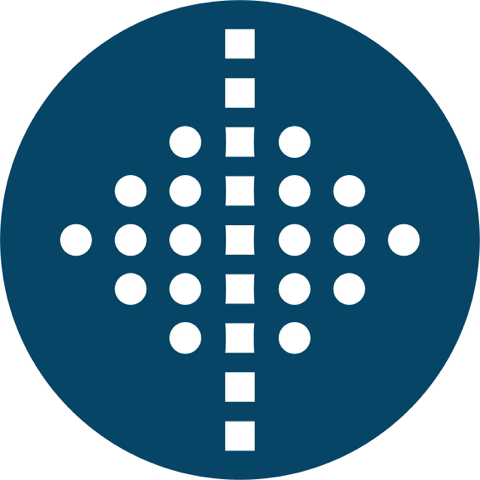Bifogade filer
Prenumeration
Beskrivning
| Land | Norge |
|---|---|
| Lista | Oslo Bors |
| Sektor | Hälsovård |
| Industri | Medicinteknik |
Bergen, Norway, 11 September 2024: Today, Lifecare ASA (LIFE), a clinical stage medical sensor company developing the next generation Continuous Glucose Monitor (CGM), can announce the successful completion of the first veterinary patient of the longevity trials as per the original study protocol.
Reference is made to the press release from 18 June 2024 when the company announced the initiation of trials using wireless readout technology. Yesterday, Lifecare’s veterinary team at Norwegian University of Life Sciences (NMBU), removed the implant from the dog Elli after 12 weeks, in accordance with the regulatory approved protocol. The reports from our team confirm that Elli is in good health, showing no signs of discomfort related to the implant.
Lifecare considered extending the study, and while this was approved by the Norwegian authorities, it was deemed most valuable to remove the implant for inspection after 12 weeks, as per the original study protocol. Lifecare’s team will now review the initial results and investigate additional data, for a thorough analysis of both the sensor and the surrounding tissue after implantation.
- The 12-week lifespan is remarkable compared to today’s glucose monitors. We are extremely pleased to have successfully completed the first patient in the longevity study at NMBU, with the sensor performing exactly as expected. Importantly, there have been no negative effects on the body, skin or tissue. Previous in-vitro studies have confirmed a sensor lifespan of up to six months, and this study further validates both the Sencell sensor’s functionality and its biocompatibility, demonstrating that it is safe and reliable for long-term use says CEO Joacim Holter at Lifecare ASA.
- Retrieving the sensor from Elli now provides a valuable opportunity to further understand the sensor's characteristics and identify potential areas for improvement. During the removal process, a comprehensive visual examination of both the patient and the sensor was performed, revealing no signs of abnormalities. Additionally, a biopsy will be performed to evaluate any potential tissue reactions or impact, ensuring the sensor’s biocompatibility, says Managing Director Jo Amundstad at Lifecare Veterinary.
The data collected over three months, along with the sensor analysis, will be examined in Lifecare’s Iaboratories in Germany.
- We are proud to demonstrate that our Sencell sensor exceeds the operational lifespan of all major CGM systems in the market by a factor of six or more. These longevity trials, now underway at NMBU, are bringing the competitive advantages of the Sencell sensor to light. We have consistently demonstrated that this technology will be highly beneficial for people living with diabetes, says Holter.
The primary goal of the first sensor in the longevity trial was to investigate and confirm its operational lifespan in a long-term perspective. The main expectations were to validate the sensor’s durability and ensure its biocompatibility, confirming that no adverse reactions occur over time.
- We will soon start preparations to enroll additional patients in the study to validate these initial findings and expand the focus beyond sensor functionality. Our goal is to concentrate more on glucose readings from both healthy dogs and cats with diabetes. This approach will help us gain an even deeper understanding of the sensor’s performance in real world conditions, says Managing Director Jo Amundstad at Lifecare Veterinary.

